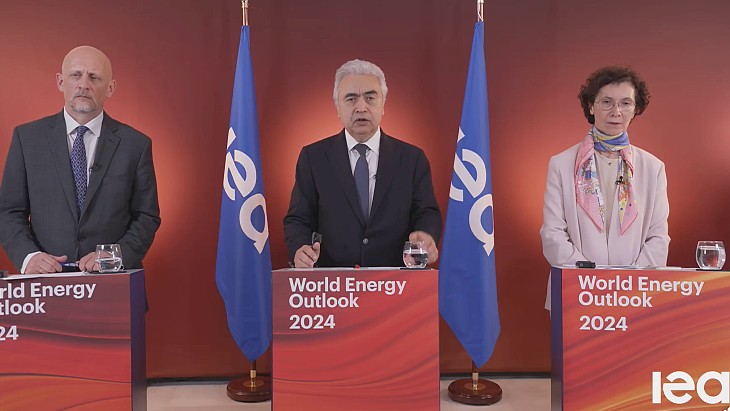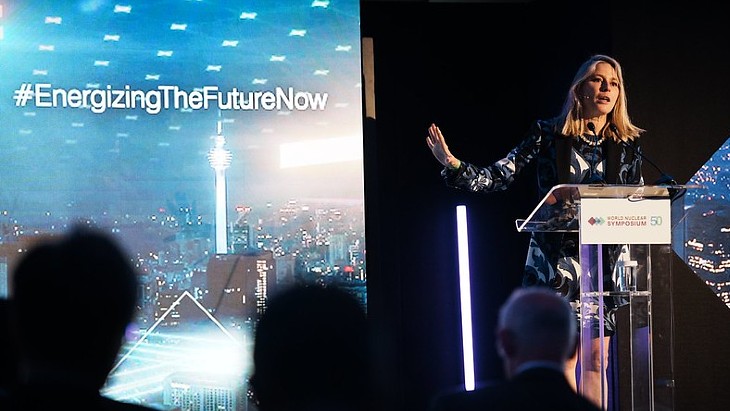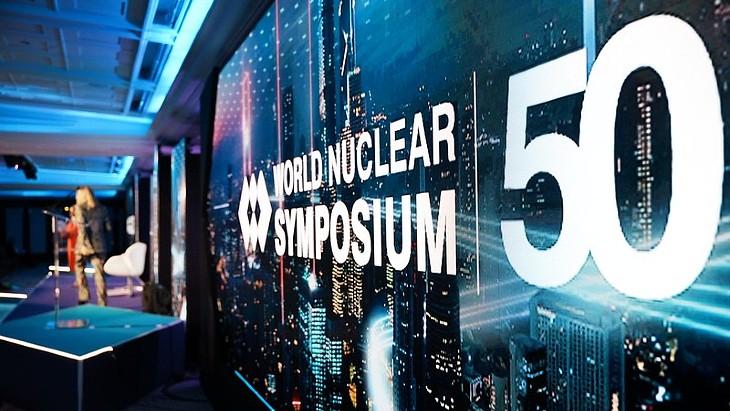"France and the United States share common goals and common resolve in fighting climate change and working towards reaching the ambitious target set forth by the Paris agreement. Our ministries, the French Ministry for the Ecological Transition and the US Department of Energy, are moving with urgency to mitigate the current climate crisis by leveraging cutting-edge research and science to dramatically accelerate the deployment of energy technologies, breakthrough innovations, and policies that will provide a cleaner, safer, and more prosperous future," they said.
Reaching the "common objective" of net-zero by 2050 will require leveraging all currently existing emission-free technologies while intensifying research, development, and deployment across a suite of zero-emissions energy sources and systems, they said. "Ensuring that these energy systems are efficient and reliable, integrating larger shares of renewables coupled with nuclear energy, which is a significant part of today's electricity production in both our countries, will be crucial to accelerate energy transitions. Reaching this common objective will also require a wide variety of favourable financing conditions across the range of zero-emitting power sources and systems.
"In this respect, France and the United States commit to work together on new technologies and the ongoing energy transition in order to contribute significantly to zero-carbon generation solutions. Decarbonised and innovative electricity systems, which may include innovative nuclear energy technologies or new designs, such as small modular, micro and other advanced reactors, will contribute to an expansion of renewable energy, support rural electrification, produce hydrogen to decarbonise transportation and other energy sectors, help provide drinking water to water stressed regions, and support a range of cleaner industrial applications."
The threat posed by climate change can be turned into an opportunity to revitalise the energy sector and to pioneer clean industries and technologies, Granholm and Pompili said, noting their "firm belief that the clean energy transition will boost high-paying, long-term jobs that hire locally, employ a diverse workforce, and lift up whole communities."
"In order to reach the ambitious target set forth by the Paris agreement and tackle effectively the climate change issue, the world's leading economies must gather their strengths and technological assets to bring innovative zero-carbon solutions," Pompili said. "With the United States, we aim to build international momentum on these aspects with the perspective of the upcoming COP26."
"As leading innovators, the United States and France are taking intensified action toward an irreversible path to a net-zero economy by 2050. We urgently need to bring innovative solutions that can be deployed around the world, leveraging all of our zero-emitting generation technologies, like nuclear, renewable energy and CCUS," Granholm said.
The joint statement can be read here.

.jpg)



_99697.jpg)
_17361.jpg)
_70008.jpg)





